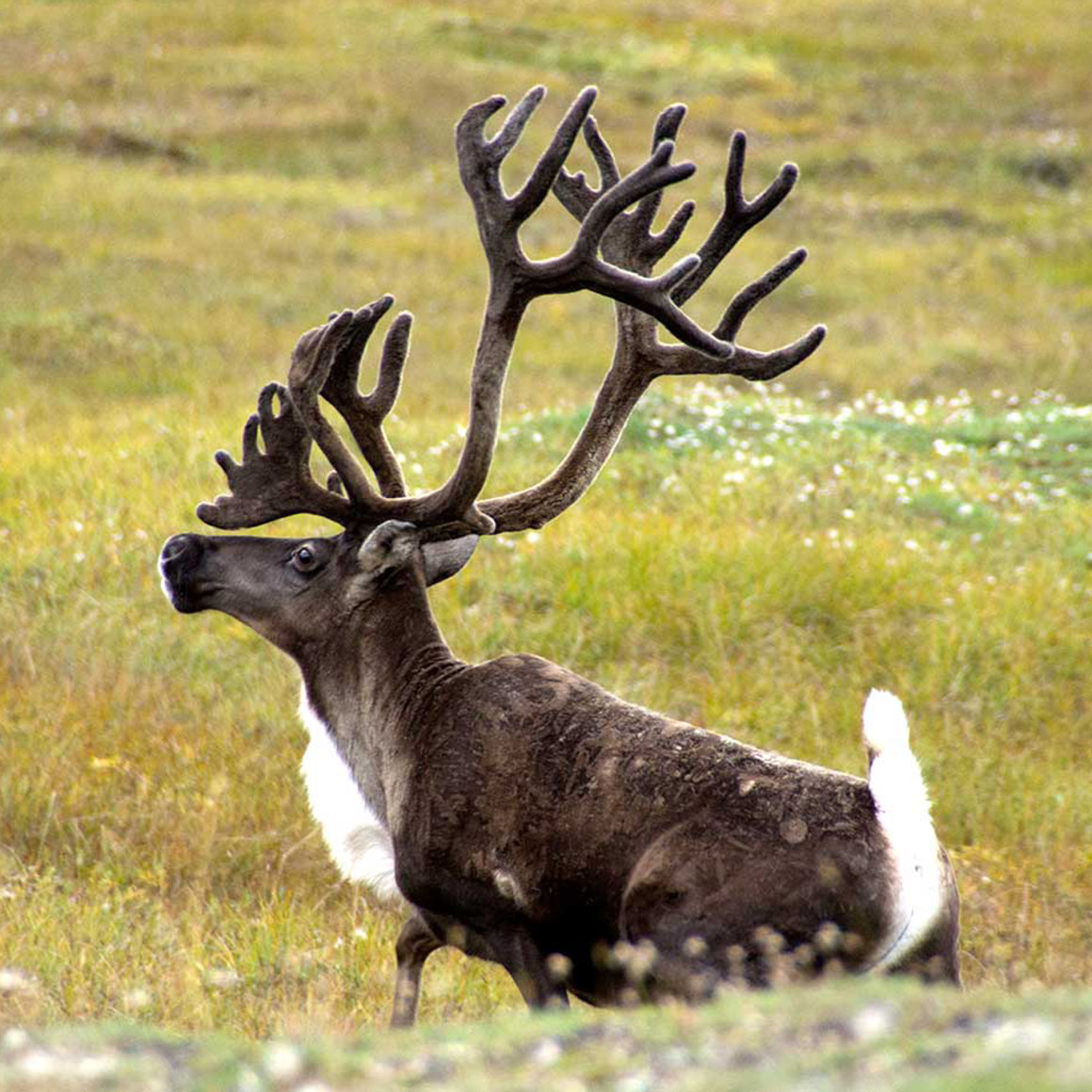
U of C researcher finds ancient virus in frozen caribou dung
By Hayden McBennett, November 13 2014 —
A University of Calgary researcher working in Canada’s Arctic has discovered a 700-year-old plant virus preserved in frozen caribou dung.
U of C permafrost and glacial hydrologist Brian Moorman and his team were investigating layers of ice commonly occupied by caribou and their hunters.
The 4,000-year-old ice patch melted between 2008 and 2011.
Moorman said rapid warming of Canada’s Arctic glaciers may unthaw other potentially dangerous viruses.
“A lot of ice is melting. What’s contained in that ice? We’re not sure. So in the long term, we could see a lot of different viruses or organisms released into the environment,” Moorman said.
Studying ancient viruses helps researchers understand how they evolve over time. Scientists are concerned with what kind of viruses will be released as the Arctic warms.
Moorman said his team doesn’t know what kind of threat this virus, or others like it, pose.
“We know relatively little about the actual viruses that are out there. Could different [viruses] be exposed from the ice? Possibly. Could they survive the transition from being encapsulated in ice to finding a host so they can reproduce? Possibly, but we don’t have a clue about what the chances of that are,” Moorman said.
Moorman said layers of caribou dung accumulate and freeze alongside snow and ice.
“I come in and study how the ice accumulated, how old it was, [if it] was there continuously or did it come and go,” Moorman said. “Sure enough, the ice patch containing the viruses had been there continuously for the last 4,000 years.”
